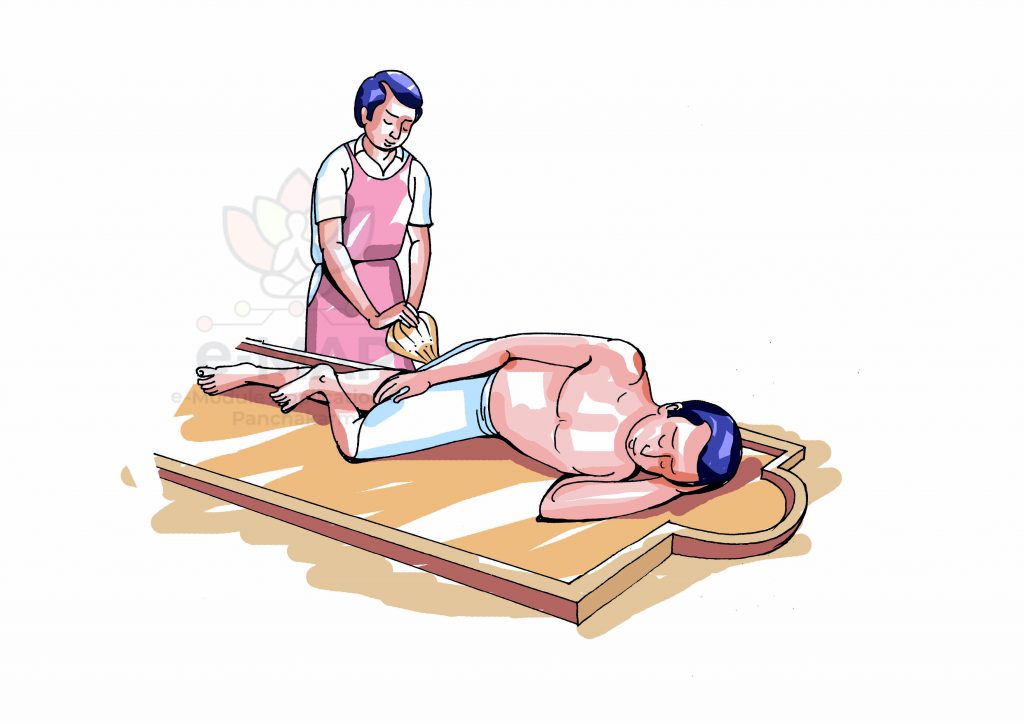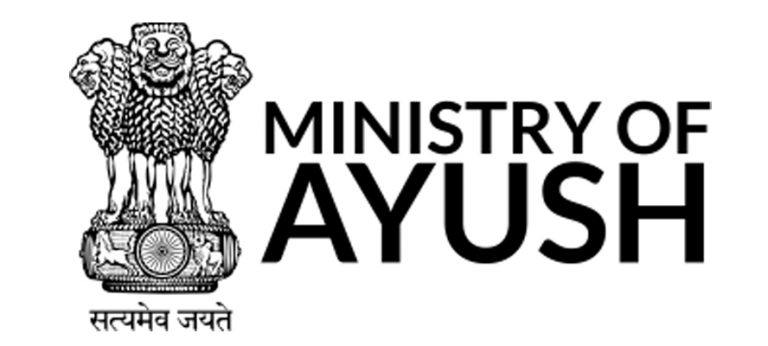
PG Module 6
BASTI KARMA

EXPLANATORY NOTES
PARIHĀRA VIṢAYA
अत्यासनस्थानवचांसि यानं स्वप्नं दिवा मैथुनवेगरोधान्||५४||
शीतोपचारातपशोकरोषांस्त्यजेदकालाहितभोजनं च|५५| (Cha.Si.1/54-55)Here Caraka advises to avoid Excessive sitting, standing, speaking and travelling, day sleep, sexual intercourse, suppression of manifested natural urges, cooling regimens, exposure to sun, grief and anger and intake of untimely and unwholesome food after doing Pañcakarma.
एतां प्रकृतिमप्राप्तः सर्ववर्ज्यानि वर्जयेत्|
महादोषकराण्यष्टाविमानि तु विशेषतः||
उच्चैर्भाष्यं रथक्षोभमविचङ्क्रमणासने|
अजीर्णाहितभोज्ये च दिवास्वप्नं समैथुनम्||
तज्जा देहोर्ध्वसर्वाधोमध्यपीडामदोषजाः|
श्लेष्मजाः क्षयजाश्चैव व्याध्यः स्युर्यथाक्रमम्|| (Cha. Si. 12/10-12)The AṣṭaMahaDoṣākaraBhāvas are the eight factors which are Apathya during Śodhana procedures. They are Uccairbhāṣaṇa, Rathakṣobha, Aticaṅkramaṇa, Atyāsana, Ajīrṇa, Adhyaśana or AhitaBhojana, Divāsvapna and Maithuna. As Uccairbhāṣya leads to ŪrdhvaBhāgaDehaRogas. Rathakṣobha leads to SarvaDehaRogas. Aticaṅkramaṇa leads to AdhoDehaRogas, Atyāsana leads to Madhya DehaRogas. Ajīrṇa and AhitaBhojana leads to ĀmaDoṣa. Divāsvapna leads to KaphajaRogas and maithuna leads to KṣayajaRogas.
PARIHĀRA KĀLA
कालस्तुबस्त्यादिषुयातियावांस्तावान्भवेद्विपरिहारकालः| (Cha. Si. 1/54)
One should follow the restrictions and diet, double the duration taken for the treatment.
यान्यहानिपिबेत्तानितावन्त्यन्यान्यपित्यजेत्| (A. H. Su. 16/28)
The restrictions should be followed for same number of days taken for the treatment.
In classics on the basis of number, Basti is classified into three: Karma Basti, Kāla Basti and Yoga Basti.
KARMA BASTI
प्राक्स्नेहएकःपञ्चान्तेद्वादशास्थापनानिच |
सान्वासनानिकर्मैवंबस्तयस्त्रिंशदीरिताः || (A. H. Su. 19/63)
Here 30 Basti’s are administered. From this 18 Anuvāsana Basti and remaining 12 Nirūha Basti’s are administered. On the first day one Sneha Basti is given which is followed by 12 Nirūha and 12 Anuvāsana alternately. And at the last 5 Sneha Basti is given.
1S | 2N | 3A | 4N | 5A | 6N | 7A | 8N | 9A | 10N |
11A | 12N | 13A | 14N | 15A | 16N | 17A | 18N | 19A | 20N |
21A | 22N | 23A | 24N | 25S | 26S | 28S | 29S | 30S |
|
According to Kaśyapa: 30 Basti is scheduled. Here 24 Anuvāsana Basti and 6 Nirūha Basti is scheduled. Initially 5 Anuvāsana are given, then 1 Nirūha and 3 Anuvāsana are given alternately. At the last 4 Anuvāsana is given.
1A | 2A | 3A | 4A | 5A | 6N | 7A | 8A | 9A | 10N |
11A | 12A | 13A | 14N | 15A | 16A | 17A | 18N | 19A | 20A |
21A | 22N | 23A | 24A | 25A | 26N | 27A | 28A | 29A | 30A |
According to Bhela: 24 Basti is given.
चतुर्विंशतिसङ्ख्याताःनिरूहास्सानुवासनाः॥ (bhe.si.5/28)
1A | 2A | 3A | 4A | 5A | 6N | 7A | 8A | 9A | 10N |
11A | 12A | 13A | 14N | 15A | 16A | 17A | 18N | 19A | 19A |
20A | 21N | 22A | 23A | 23A | 24A |
|
|
|
|
Indications:
——————————कर्मसंज्ञितम्७
अत्युदीर्णबलेजातेप्रयोज्यंतद्यथाविधि ||(Ka. Khi.8/7)
Karma Basti can be given only to a person having UttamaBala.
गम्भीरानुगतायस्यक्रमेणोपचितामलाः२८
कुपितावातभूयिष्ठाबस्तिसाध्याविशेषतः
संपन्नस्यसहिष्णोश्चकर्मतस्यपरायणम्२९(kha.khi.8/28-29)
Karma Basti is indicated for deep seated mala and gradual accumulation of Mala, VātapradhānaRoga, Basti indicated diseases, the persons who are rich, and who is capable of withstanding the treatment for longer duration.
According to Gayadāsa in Su.Chi.37th chapter, Karma Basti is indicated to UttamaŚarīra and SatvaBala.
KĀLABASTI
In our classics ĀcāryaCaraka mentions, it is half the number of Karma Basti. According to chakrapani it includes 16 Bastis. And according to Vāgbhaṭa, it includes 15 Bastis. On the first day Anuvāsana Basti is given and afterwards 6 Nirūha Basti and 6 Anuvāsana Basti is given alternately. Lastly 4 Anuvāsana Basti is given.
1A | 2N | 3A | 4N | 5A | 6N | 7A | 8N | 9A | 10N |
11A | 12N | 13A | 14A | 15A | 16A |
|
|
|
|
कालःपञ्चदशैकोऽत्रप्राक्स्नेहोऽन्तेत्रयस्तथा|
षट्पञ्चबस्त्यन्तरिताः————————-| (A. H. Su. 19/64)
According to Vāgbhaṭa, the number of Basti mentioned is 15. Hence on the first day one Sneha Basti, then 6 Anuvāsana and 6 Nirūha Basti’s is given alternatively and at the last 3 Sneha Basti is given.
1S | 2N | 3A | 4N | 5A | 6N | 7A | 8N | 9A | 10N |
11A | 12N | 13S | 14S | 15S |
|
|
|
|
|
Indication:
तदर्धकलनात्कालःसहिमध्यबलान्वये८
पवनेपित्तसंसृष्टेविधातव्योविजानता| (Ka. Khi.8/8-9)
Administered for Pitta Saṃsarga, MadhyamaBalaRoga and Rogi.
According to Gayadāsa in Su.Chi.37th chapter, Kāla Basti is indicated for SvasthaVātadiDoṣā Prakopa occurred due to seasonal changes.
YOGA BASTI
योगोऽष्टौबस्तयोऽत्रतु ||
त्रयोनिरूहाःस्नेहाश्चस्नेहावाद्यन्तयोरुभौ | (A. H. Su. 19/64)
This pattern of Basti includes 8 Basti’s, from this, 5 AnuvāsanaBastis and 3 Nirūha Basti’s are administered.
1S | 2N | 3A | 4N |
5A | 6N | 7A | 8S |
Indications:
अल्पत्वात्स्नेहबस्तीनांयुक्तेर्योगःसलाघवात्९
प्रयोज्यःकफसंसृष्टेनातितीव्रबलेऽनिले|| (Ka. Khi.8/9-10)
Administered to persons having KaphanubandhiVātaPrakopa, persons having AlpaBala and mild vitiation of VātaDoṣa.
According to Gayadāsa in Su.Chi.37th chapter, Yoga Basti is indicated for Svastha for the attainment of Vṛṣyatva.
According to DalhanaĀcārya: Karma, Kāla and Yoga Basti is administered for Vāta, Pitta and Kapha predominance respectively.
Utility:
- These type of Basti schedule does not cause Vāta and Agni Duṣṭi.
- Anuvāsana and NirūhaBastis alone cannot be given for a longer duration.
- According to the Doṣa involvement the number of Basti’s varies.
- By practicing these types of Basti schedules, DoṣaŚodhana, Śamana, and DhātuPoṣana occurs in a better way by avoiding complications.



